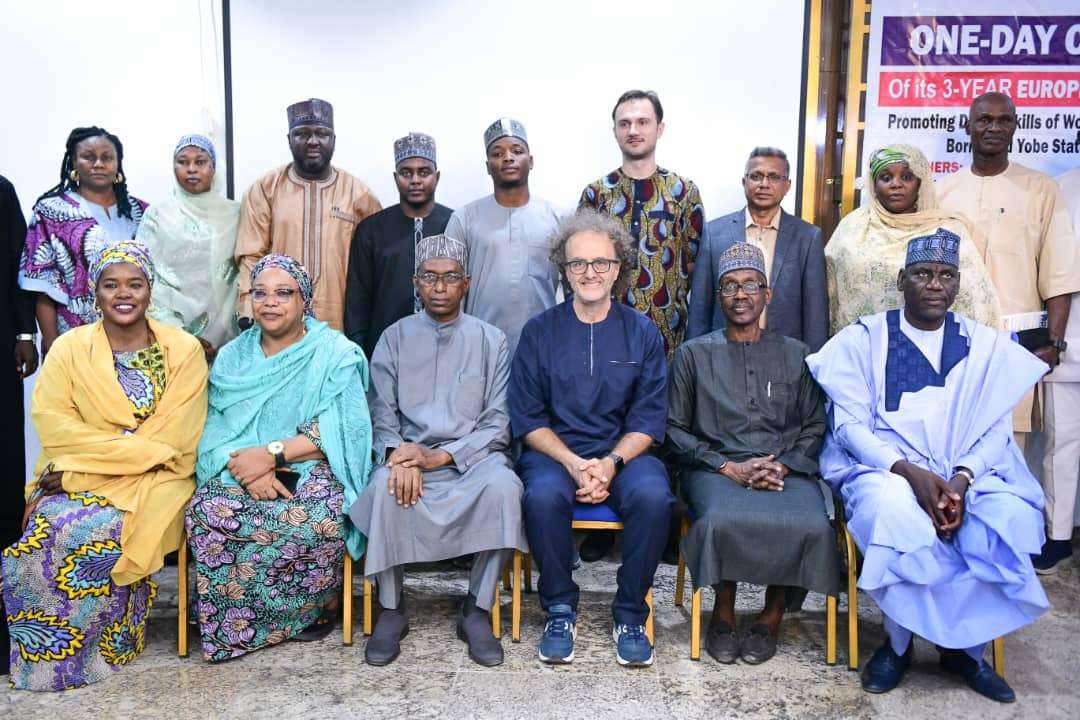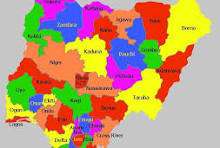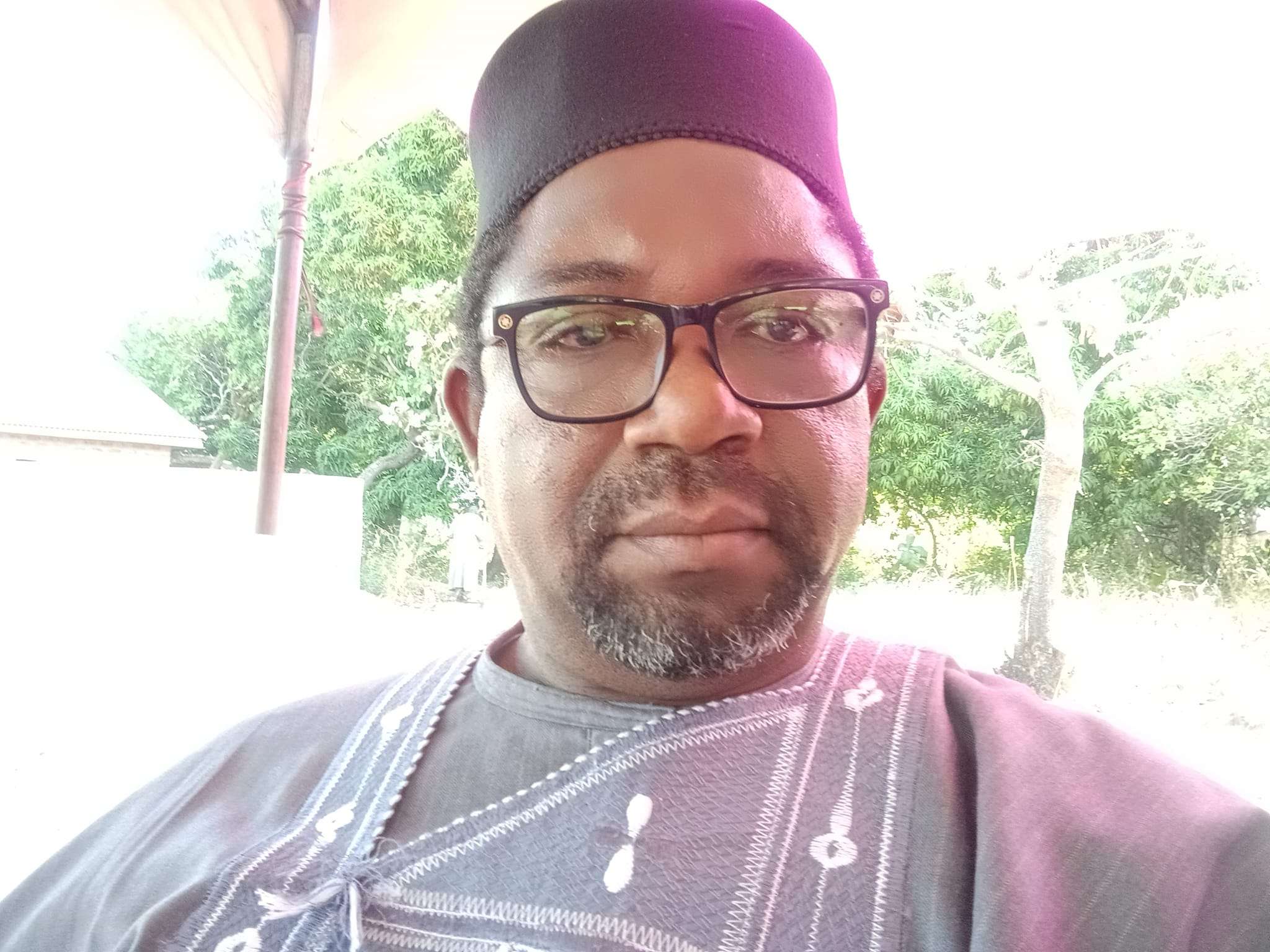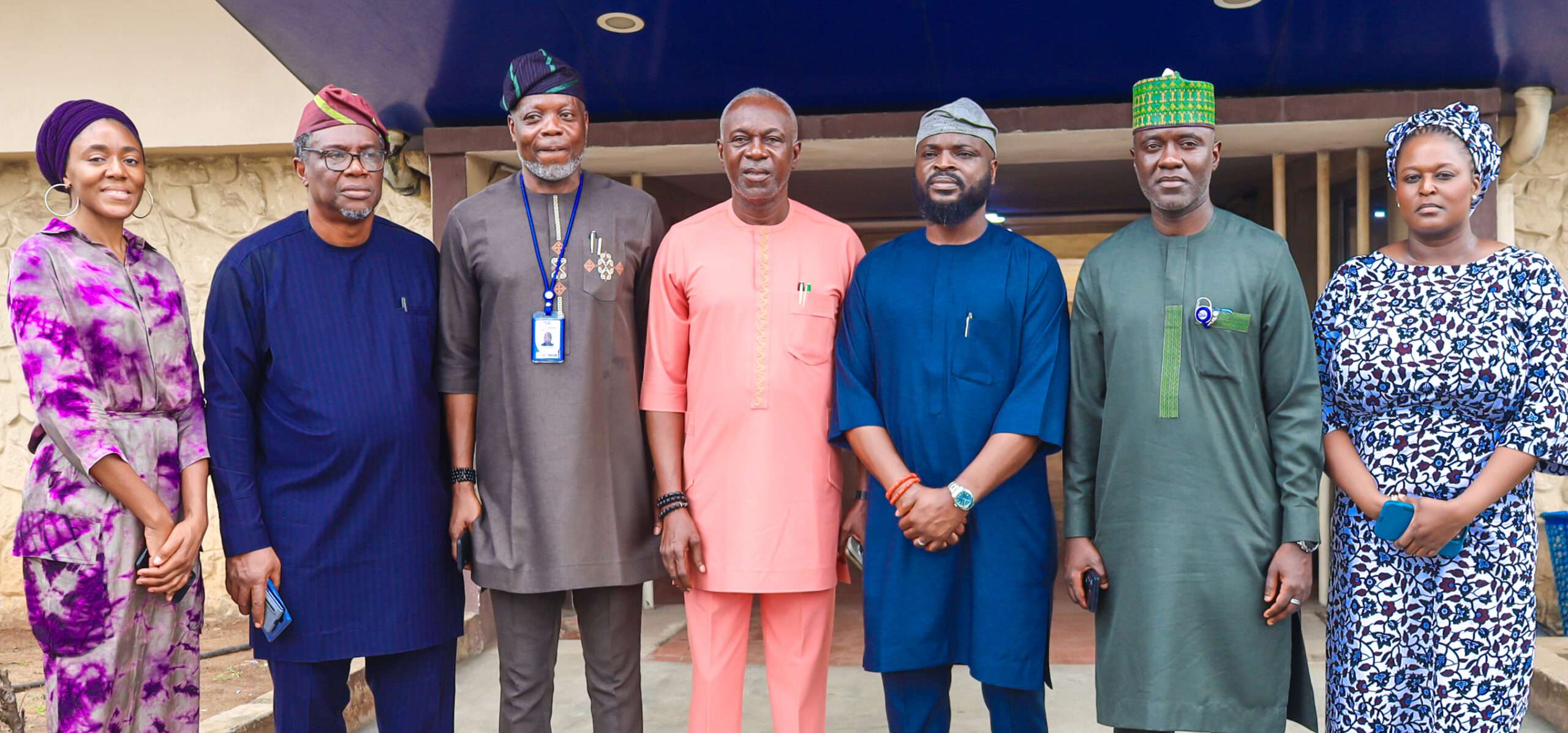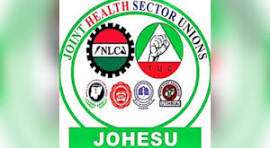The President/CEO, Digital Bridge Institute (DBI), David Daser, has said the Federal Government was committed to bridging the digital divide and creating opportunities for Persons with Disabilities (PWDs) to fully participate in the digital economy.
Daser who spoke at the graduation ceremony of 24 persons with disabilities on Thursday at the Lagos Office of the DBI, Cappa-Oshodi, said the new graduates were trained and graduated under the Cohort 2 of the DBI/Sightsavers IT Bridge Academy.
According to him, 25 other PWDs also graduated from the Kano Campus, while the Enugu Campus of the DBI was also ready to receive Sightsavers to leverage on its facilities for the people of the Eastern region of the country.
Daser explained that the graduates underwent 9 months intensive training programme where they acquired skills in Cisco Certified Network Associate (CCNA), and other supporting modules such as Product Management, Digital Marketing and E-Commerce, as well as Data Analysis and Visualization.
Represented by the Group Head, Special Duties, DBI, Viola Askia-Usoro, he added that the skills acquired would enable the graduates to compete favourably in the job market and pursue their passions with confidence.
Describing the event as a joyous occasion for Nigeria and especially the DBI family, he pointed out that the academy was the second of its kind in Africa after the one in Kenya, also supported by Sightsavers International.
He said: “This momentous occasion marks a significant milestone in our journey to empower persons with disabilities (PWDs) with the skills and knowledge required to thrive in the digital economy. This occasion acknowledges the hard work and achievements of our participants; PWDs who have completed their training. It is a testament to their perseverance and determination and a significant milestone and a cause for celebration.
“We are committed to bridging the digital divide and creating opportunities for PWDs to participate fully in the digital economy. Our graduates have undergone an intensive nine months training program, acquiring skills in Cisco Certified Network Associate (CCNA), as well as other supporting modules.”
Daser however regretted that persons with disability face barriers, stigma and discrimination that limit them from exercising their potential to actualize their dreams; among which are access to training and capacity development opportunities.
“Disability inclusion is a journey that is quite new to the Nigerian Society, therefore, the collaboration of all stakeholders is required to entrench a variety of systems and approaches that would promote disability inclusion in all sectors in Nigeria.
“To mitigate these challenges our Partner – Sightsavers International developed a well-crafted ICT capacity-building programme based on in-demand IT skill requirements titled IT Bridge Academy. To achieve the noble objectives of this Academy, Sightsavers partnered with the Digital Bridge Institute in Nigeria.
“To our partners, Sightsavers, we appreciate your unwavering support and commitment to this initiative. Your partnership has enabled us to create a unique and impactful program that is changing lives. To our faculty and staff, I thank you for your tireless efforts in delivering high quality training and support to our students. Your expertise, patience, and dedication have been invaluable to our graduates.
“As we celebrate this milestone, we are reminded that there is still much work to be done. We must continue to advocate for greater inclusion and accessibility in the digital economy for PWDs and other disadvantaged groups. We must work to break down barriers and create opportunities for persons with disabilities to participate fully. We call on Government, Private Sector Organisations, Non-Governmental Organisations and Businesses to create opportunities for the engagement of PWDs.
“To our graduates of the DBI IT Bridge Academy, I charge you to go out and make a difference. Use your skills and knowledge to create positive change in your communities, be ambassadors for inclusion and accessibility and always remember that you are part of a community that believes in you and is committed to supporting you every step of the way.”
He stated further that the DBI IT Bridge was a specialized training programme that aligns with President Bola Ahmed Tinubu’s Renewed Hope Agenda, which focuses on promoting democracy, driving economic development, harnessing Nigeria’s demographic potential, and innovative capabilities.
“The programme supports this agenda by providing opportunities for youth development, capacity building, and economic growth through the tech ecosystem. President Tinubu’s administration has emphasized the importance of economic growth and job creation. The IT Bridge Academy contributes to this goal by providing PWDs with industry-recognized certifications, enhancing their employability and other opportunities.”
He added that the programme also aligns with the Knowledge Pillar of the Strategic Plan of the Federal Ministry of Communications, Innovation & Digital Economy 2023-2027 and that of the Minister, Dr. Bosun Tijani.
Daser assured of the DBI renewed commitment to expanding the reach and impact of the IT Bridge Academy, by empowering more PWDs to participate fully in the digital revolution. He also called for more support and grants for the continuation of the noble objectives of the programme from International and National partners.
Executive Director of Sightsavers, Sunday Isiyaku, emphasized that disability should never be a barrier to employment or economic independence, as he added that the graduates have all worked tirelessly to overcome challenges and push boundaries to reach the level they are and acquire the needed digital skills required for today’s labour market.
“At Sightsavers, we firmly believe that disability should never be a barrier to employment or economic independence. The IT Bridge Academy was designed to bridge the gap in digital skills and create pathways to meaningful careers for persons with disabilities.”
The programme, according to him, was not just about education, but about economic empowerment, inclusion, and proving that talent-not disability-should define a person’s opportunities.




